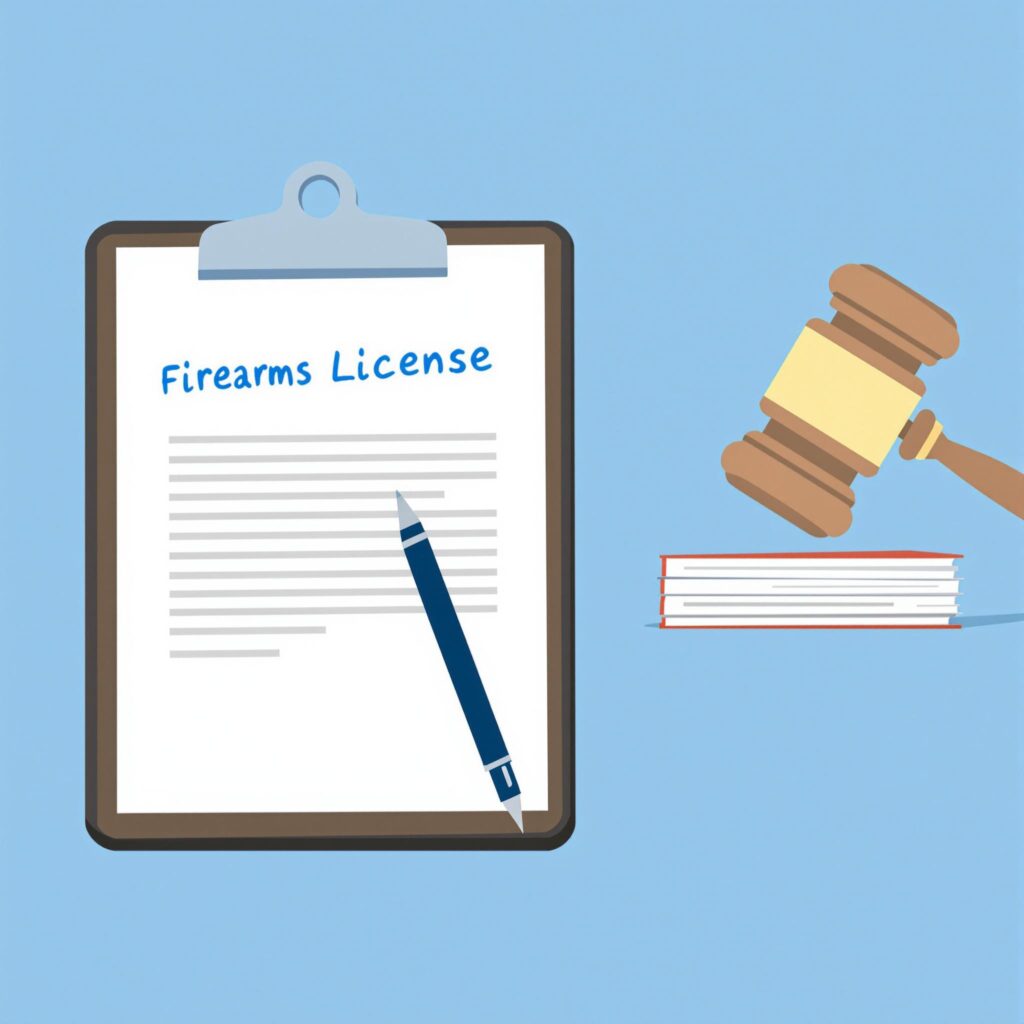
Which License should I get?
There are four basic types of firearms permits and licenses in Massachusetts at the time of this writing.
What do you mean by “Large Capacity?”
Capacity refers to the amount and source of ammunition that a gun utilizes. In general, a weapon is considered large capacity if it is a semi-automatic handgun or rifle that is capable of accepting (or readily modifiable to accept) any detachable large capacity feeding device that holds more than ten rounds, OR if it is a shotgun capable of accepting more than five shotgun shells, OR if it is an assault weapon.
How Do I get my Mass Firearms License or FID Card?
First, you need to take a “Basic Firearms Safety Course” approved by the Commonwealth. Two popular classes are the NRA Home Firearms Safety Class and the NRA Basic Pistol Class. Each class must include a presentation on Mass. Firearms Laws or the distribution of authoritative handouts. RKBA Personal Safety Training in Mansfield, MA provides these classes on a regular basis. These classes certify the student to apply for an LTC-A, LTC-B, or FID card. Massachusetts does not require live fire for basic firearms safety certification classes.
After you schedule your safety class, your next step is to obtain an application from the police department to which you will apply. Some towns may have modified applications or instruction packets so it is preferable to visit your police station to gather a complete packet specific for your community.
The Firearms License Application
Massachusetts residents apply to the police chief in the town where they reside or own a business. Non-residents apply to the Criminal History Systems Board in Chelsea. MA. Fill out the application honestly and completely. Juvenile and sealed records, as well as any charges and court appearances regardless of the outcomes, will appear during the police background check. Do not attempt to hide or withhold information. False or misleading statements, including withheld information, could lead to criminal prosecution and denial of your application due to reasons of non-suitability.
The LTC application asks why you want your License to Carry. Many people have trouble answering this question. Interestingly, some police departments only want you to write a sentence or two. Others request several paragraphs or even a separate letter, especially if the applicant wants a License to Carry without any restrictions attached.
Here are suggestions to consider if applying for a LTC-A with no restrictions:
“I want a firearm for personal protection inside and outside my home. Sports, competition and recreation, protection while I camp, hike, and fish. I want a LTC-A for all lawful purposes.”
Consider adding a paragraph about your character. Are you a lifelong resident of Massachusetts? Do you own your own home? What about your job, your family, and activities in the community. Are you a student? What are your career goals? Explain why you are a stable, dependable, responsible member of the community.
Additionally, you could indicate reasons specific to your situation, for example, “I work in a cash business and have large sums of money with me at all times. I am a locksmith, plumber, electrician and do cash business plus I keep valuable equipment with me. I am a realtor who shows vacant apartments and properties at various times of the day and night. I collect rents, I work foreclosures. I testified against a dangerous criminal in court. I’m a victim of a violent crime. I’ve had credible threats against my life. I’m infirmed, handicapped and live in a bad section of town…” Be honest, and be prepared to back up your claims with documentation.
Application Assistance
Bring your application with you to the safety class if you need help answering any questions. A good school will provide application assistance. At RKBA, we are there to help and support you through the entire process.
Submitting the Application
At RKBA Personal Safety Training, you will receive your Basic Firearms Safety Certificate at the end of your class, and you may apply to your police department immediately afterward. Depending on your community, you may simply need to walk in with the required materials or make an appointment with the Chief or Licensing Officer.
Bring with you to the police station, your completed application, a copy of your safety class certificate, a check for $100, and any additional documentation the police department has requested in their instruction packet. At some point you will be photographed and fingerprinted, and possibly interviewed. Some communities, require additional steps such as taking a safety and proficiency practical test or obtaining a physician’s letter.
The police chief MUST issue you an FID card (non-high capacity long arms) provided you are not disqualified by law. The police chief MAY issue you a LTC A or B if you are not disqualified by law and he/she considers you SUITABLE.
Once your application is submitted, the usual wait is 4 to 6 weeks. By law, the chief has 40 days to act on your application. Frequently, the process takes longer than that, and it is OK to wait patiently if the police are acting in good faith.
If, however, you are denied having been deemed unsuitable in the eyes of the police chief, you will need to appeal the decision to your district court within 90 days.